Unprecedented, Not Unprepared: Natural Disaster Safety Tips
Alma Siliezar, Director of Constituency Services & Membership, NALEO Educational Fund.
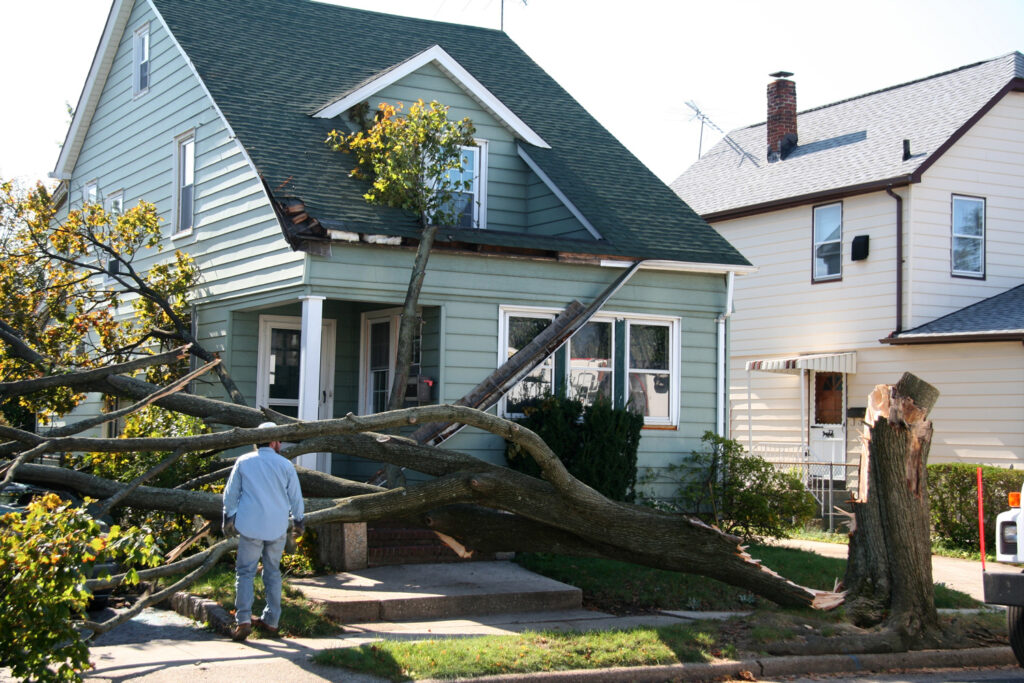
According to the National Oceanic and Atmospheric Administration’s National Centers for Environmental Information, 18 weather- and climate-related disaster events — with losses exceeding $1 billion each — affected the United States in 2022.
This past weekend, Hurricane Hilary — which began as a Category 4 hurricane — traveled up the Baja coast, prompting the National Hurricane Center to issue a tropical storm watch for Southern California for the first time in history. Its effects — including high winds, heavy rainfall, and flash flooding — rippled through much of the southwestern United States.
As Southern California braced for the effects of Hurricane Hilary, the area was simultaneously struck by a magnitude-5.1 earthquake. Together, both events were dubbed a “hurriquake.”
Earlier this month, the island of Maui was also ravaged by one of the worst natural disasters in Hawaii’s history — a series of wildfires that destroyed thousands of acres, claimed the lives of more than 100 victims, and have police and rescuers searching for more than 1,000 missing persons.
While devastating and nearly unprecedented, natural disasters like these are on the rise and only expected to increase in frequency and severity in the coming years.
So, with Hurricane Hilary just behind us and a long road ahead for Maui’s recovery, what steps can a private citizen, community, or public official take to be prepared for the next natural disaster that lurks around the corner? The American Red Cross urges individuals to make the following preparations:
- Create an evacuation plan. What would you do, and where would you meet if you were separated from your loved ones?
- Build an emergency kit with survival essentials for all family members, including children and pets.
- Be informed. Stay tuned to your local news for the latest emergency updates, including evacuation orders. Sign up for local emergency text message notifications through your state’s public safety website.
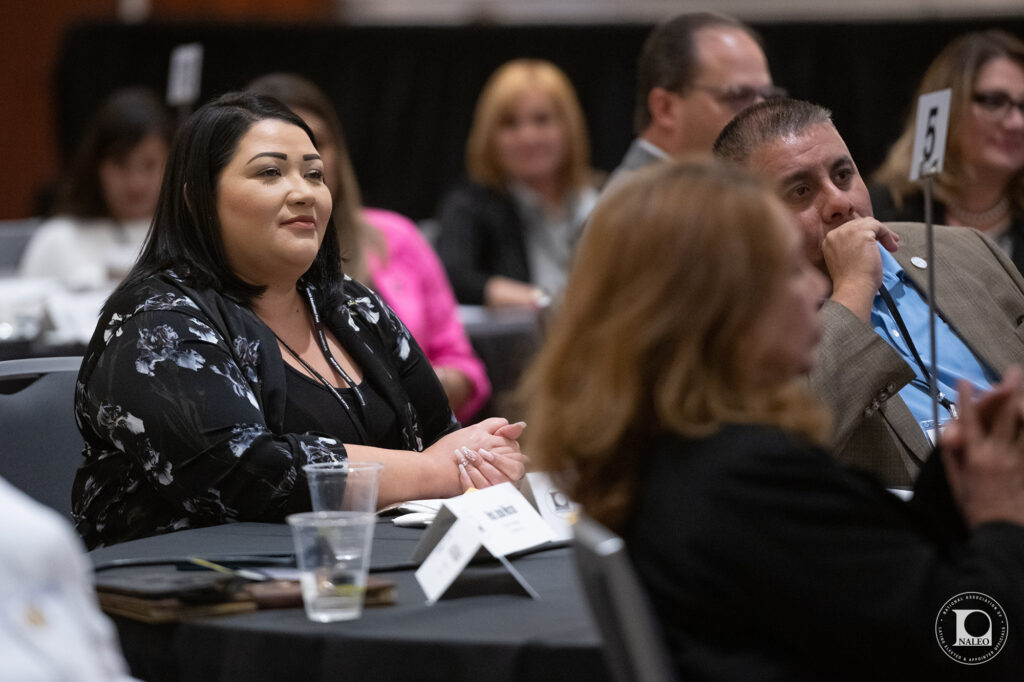
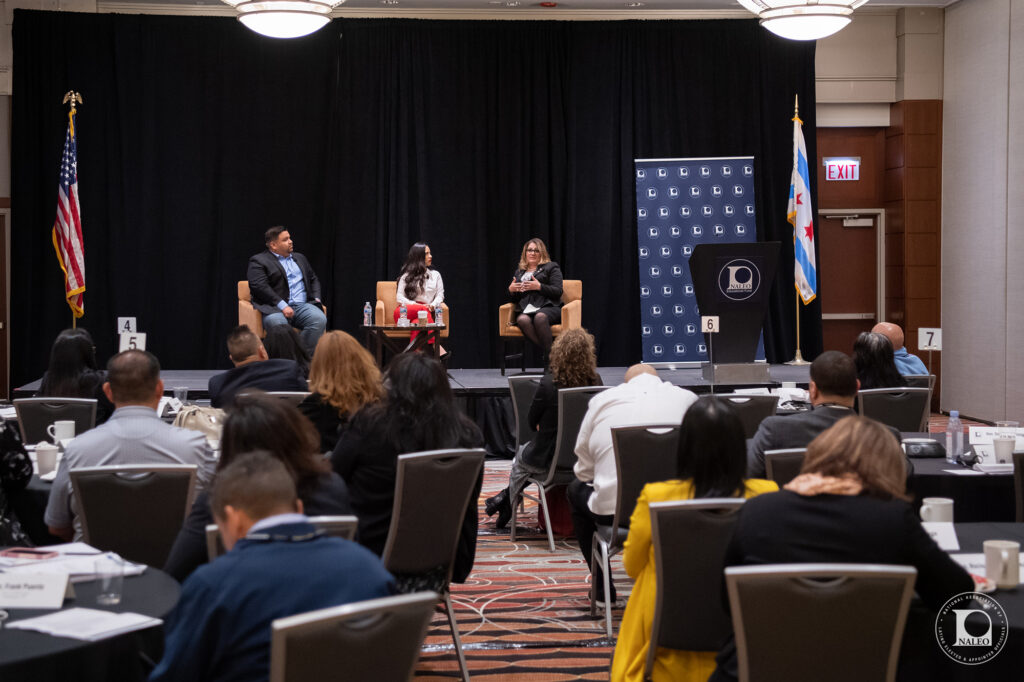
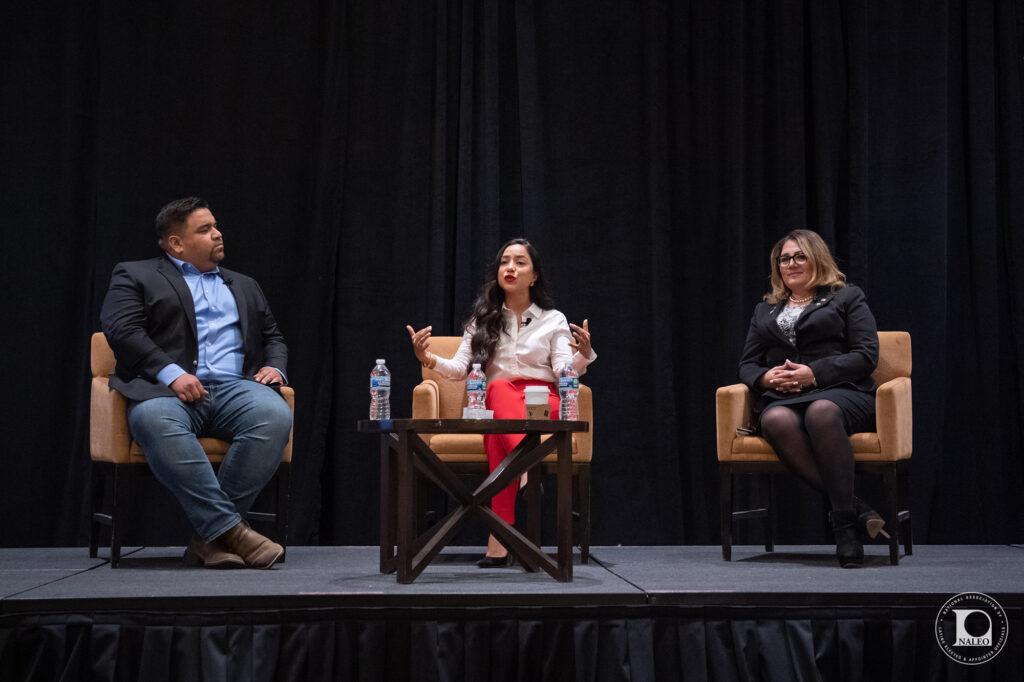
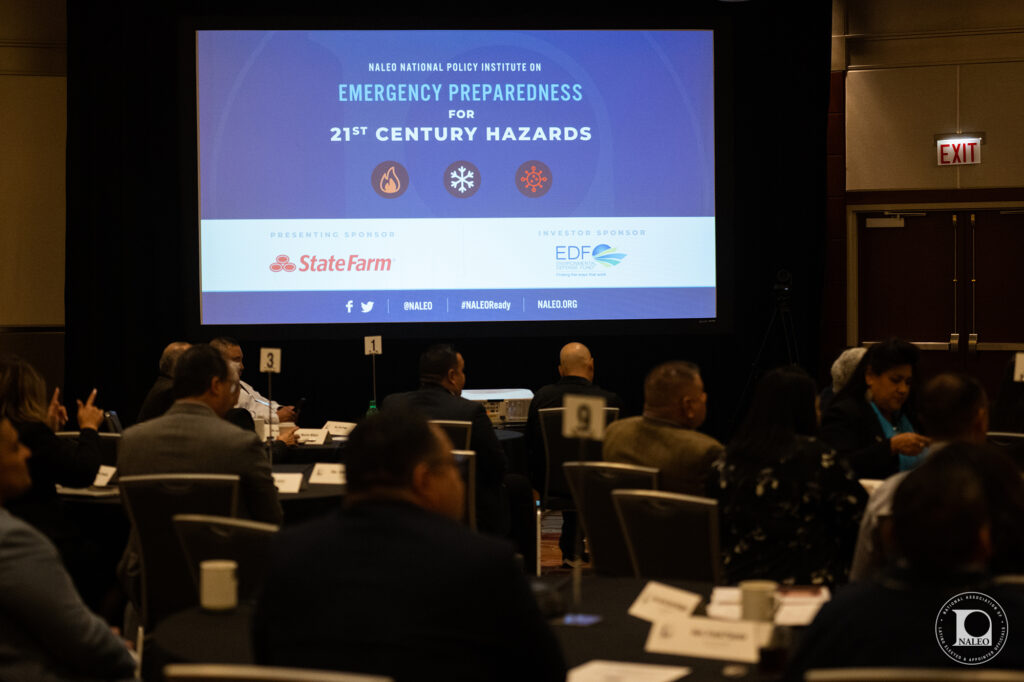
Remember: unprecedented does not need to mean unprepared. NALEO Educational Fund is proud to offer emergency preparedness training for Latino elected officials, like the NALEO Policy Institute on Emergency Response and Management — happening this September 19–20 in Dallas, Texas.
Since 2012, our organization has strengthened the emergency preparedness knowledge of more than 400 Latino elected and appointed officials from across the United States — providing these policymakers with the tools to proactively prepare for and respond to emergency situations in their communities.
For more than a decade, our Emergency Preparedness Policy Institute participants have learned crisis response best practices from leading subject-matter experts — and put their newfound skills to the test when at the forefront of emergency efforts while providing direction and leadership during times of crisis.
Our organization is proud to elevate Latino leaders from across the country and across the aisle to ensure the safety and security of our communities.
So, this month and every month: stay safe out there, familia. And remember — NALEO Educational Fund will always be here with tools and resources to help you in your role as a policymaker and beyond.
Comments
Add a Comment